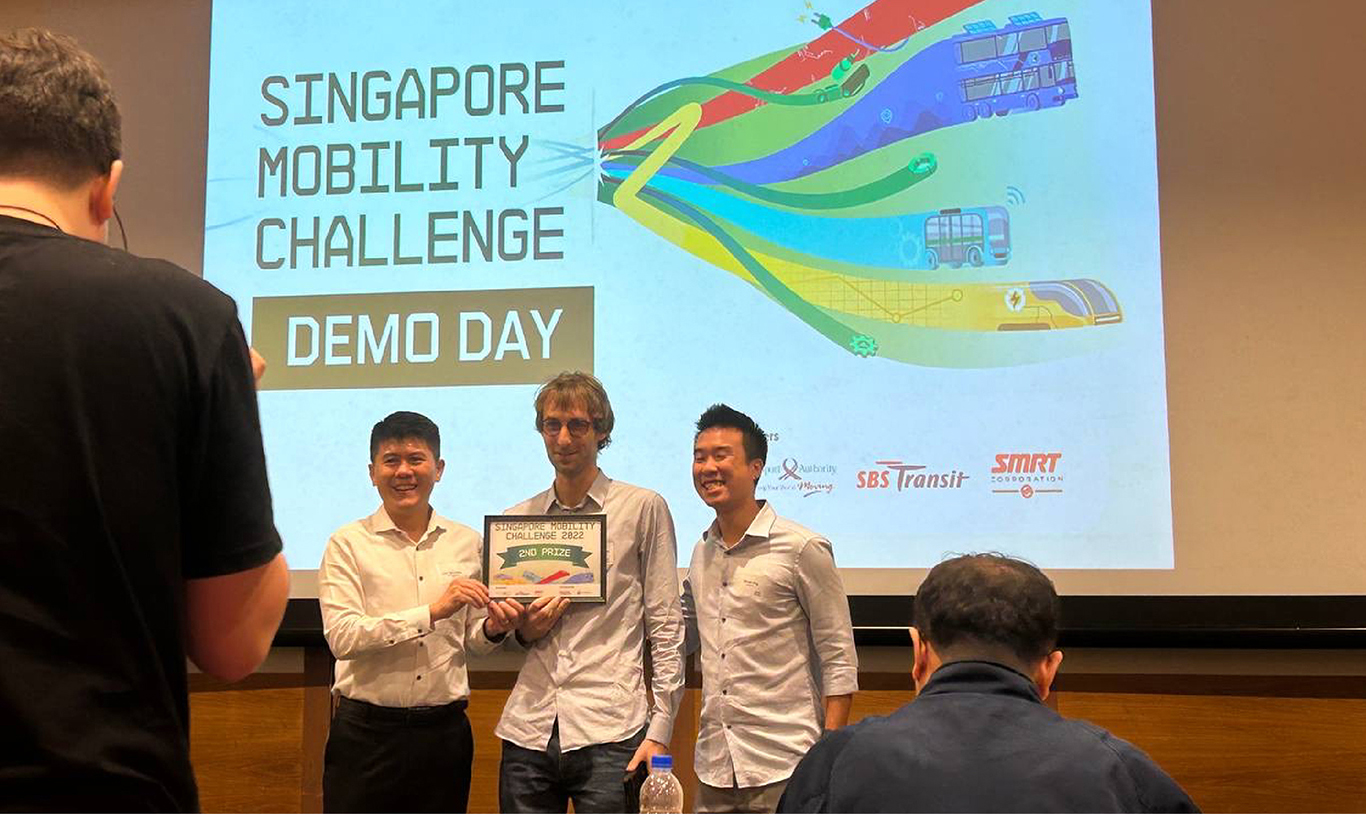

When RP alumnus Daniel Ang, and his co-founder and Chief Technology Officer, Pavel Lukasenko, incorporated Kenzap in 2020, they envisioned it as a Software-as-a-service (SaaS) company providing services like Fiverr and Upwork.
“During the pandemic, there was a rise in digital adoption, so we started Kenzap.com, which was initially an online marketplace where freelancers can connect,” Daniel recounted.
“But as with all start-ups, things did not go according to plan,” Daniel remarked. While Daniel and Pavel were growing their business, they discovered that companies had a greater demand for ways to automate their own business processes. Leveraging the opportunity, the company decided to shift its focus to the cloud in 2021, launching Kenzap.cloud.

Elaborating on the decision to pivot, Pavel explained that both he and Daniel decided against creating standalone software solutions as customers would struggle with the technical complexities of configuring their own infrastructure to accommodate the software.
By providing a full package cloud-based solution where Kenzap sets up the infrastructure and provides IT support for customers, the company eliminates the hassle for businesses when issues crop up. Today, Kenzap.cloud offers various services such as a cloud-based inventory, event management system, and QR-code menu ordering system.
Both Daniel and Pavel see value in their cloud subscription business model as it allows IT solutions to be accessible to people without technical backgrounds. This is unlike other cloud providers such as Amazon Web Services and Google Cloud Platform, which require industry professionals like software engineers and developers to use them due to their technical complexities.

Since the change in business model, Kenzap has set its sights on solving issues faced by organisations. For instance, it clinched the second prize in the SMRT Mobility Challenge 2022 by developing Kenzap Smart Vision, an optical character recognition system which can scan and recognise information from SMRT’s digital tools.
This system halves the manpower and time required and ensures 100% accuracy because the platform reads data directly instead of having SMRT staff key it in manually.

Pavel and Daniel receiving their award at the SMRT Mobility Challenge 2022
Besides that, Daniel and Pavel also created a cloud-based online customs declaration dashboard for the Singapore International Chamber of Commerce (SICC). The system, called E-ATA Carnet, allows companies to submit their information online. It also automatically fills in the relevant sections, saving companies time and reducing human error. On the backend, SICC can easily approve, reject or query certain sections.
In the future, Daniel and Pavel hope to expand the userbase for Kenzap’s existing products and increase their product offering. They also intend to expand their team and continue in their growth.


Daniel and Pavel believe that the cloud industry has immense potential for exploration. However, Pavel advises aspiring entrepreneurs who are keen to join this industry to be discerning and not blindly follow trends.
“Everything starts with the problem. If you believe that the pain points can be solved with the help of cloud, then it makes sense to go that direction,” he explained.
The pair also emphasises the importance of the strong support network, connections, and guidance provided by
RP’s Office of Entrepreneurship Development (OED). They gave special thanks to their mentor, Mr Hazman Aziz, Deputy Manager of RP OED who acted as a sounding board for their ideas and provided advice on a range of matters, including system architecture and compliance.
“Hazman always stimulates our thinking. For instance, he shared his past experiences of how the founders he worked with strategised to growth hack a product and bring it to the public,” Daniel said. Growth hacking refers to the process where companies use innovative and low-cost strategies to retain and acquire customers.